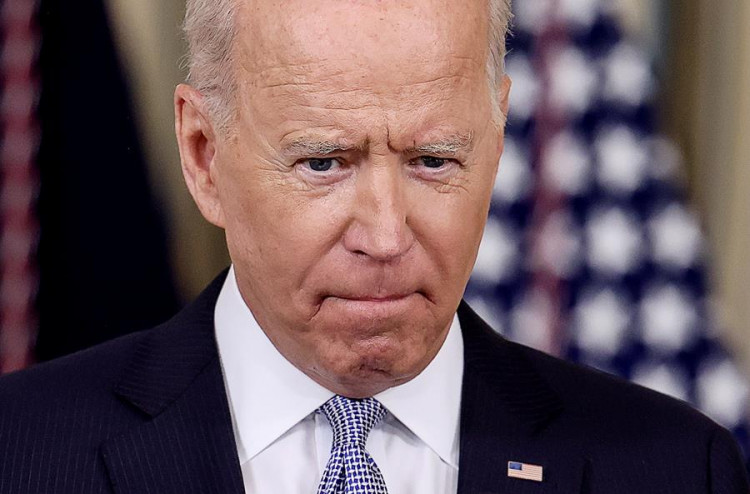During his testimony before the House Judiciary Committee on Tuesday, former special counsel Robert Hur confirmed that White House attorneys had asked him to "revise" descriptions of President Biden's memory lapses before the release of his report last month. The report defended Hur's decision not to bring charges against the president for the retention of national security material.
Hur referred to a Feb. 5 letter from White House counsel Richard Sauber and Biden's personal lawyer Bob Bauer, in which they wrote, "We request that you revisit your descriptions of President Biden's memory and revise them so that they are stated in a manner that is within the bounds of your expertise and remit."
Despite the White House's repeated entreaties to Justice Department officials, House Oversight Committee ranking member Jamie Raskin (D-Md.) emphasized that the president did not "seek to redact a single word of Mr. Hur's report." Raskin praised Biden's "complete devotion to the rule of law" and his cooperation with investigators.
However, in additional letters to Attorney General Merrick Garland and Associate Deputy Attorney General Bradley Weinsheimer, Sauber and Bauer accused Hur of violating Department of Justice policy by "pejoratively characterizing uncharged conduct." They objected to Hur's inclusion of "unnecessary and unwarranted comments" about the president's memory lapses "in the strongest possible terms."
Hur defended the inclusion of Biden's memory lapses, which involved the dates of his time as vice president, the year his son Beau died of brain cancer, and what a fax machine is, as necessary to "show my work" and make his decision not to recommend criminal charges credible.
House Oversight Committee Chairman James Comer (R-Ky.) offered mixed reviews of Hur's testimony, appreciating some aspects of the report but emphasizing the need for further answers regarding Biden's decades-long behavior in handling classified documents. "What we saw today was an entitled career politician who believes he's above the law, and we also see a government that's always turned a blind eye to protect Joe Biden," Comer said on "Hannity."
Comer and House Judiciary Committee Chairman Jim Jordan (R-Ohio) highlighted the stark differences between Biden's handling of classified information and that of former President Trump. They noted that Biden's documents were "scattered all over the place" in unsecured locations, while Trump's were largely kept in locked areas of his Mar-a-Lago compound.
Jordan focused on the motive behind Biden's alleged mishandling of classified documents, citing the president's disclosure of classified information to Mark Zwonitzer, a ghostwriter working on Biden's memoir "Promise Me, Dad." "You always go to motive. When there's unlawful activity, what was the motive? And special counsel Hur was clear: The motive was the book," Jordan said.
The Republican chairmen also pointed out the apparent double standard in favor of entrenched politicians, noting that while the last three major presidential candidates - Biden, Hillary Clinton, and Trump - all faced investigation for mishandling classified documents, only Trump was charged.
As the controversy surrounding Biden's handling of classified documents continues, the White House and congressional Democrats maintain that the president has been cooperative and transparent throughout the investigation. However, Republicans argue that the Hur hearing exposed Biden as an "entitled career politician" who believes he is above the law and that his memoir served as a motive for mishandling classified information.
The implications of this case on the broader political landscape and the 2024 presidential election remain to be seen, as both parties grapple with the fallout from the Hur report and the ongoing investigations into the handling of classified documents by high-profile political figures.






